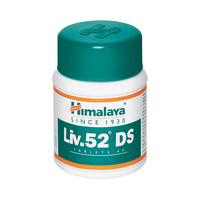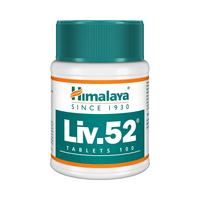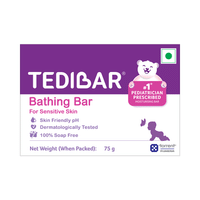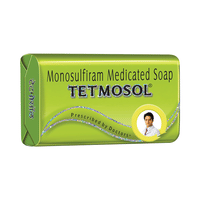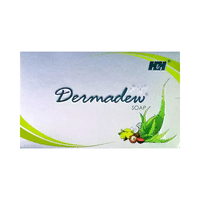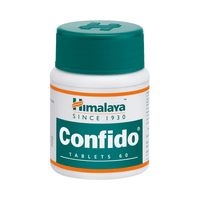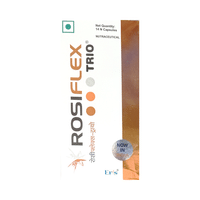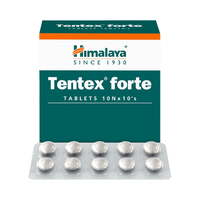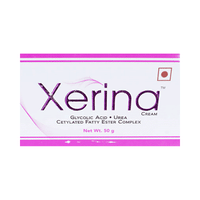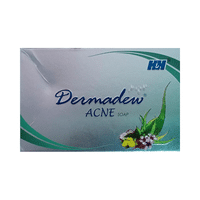Rs.143for 1 tube(s) (5 gm Ointment each)
food interaction for Aclovir Ointment
alcohol interaction for Aclovir Ointment
pregnancy interaction for Aclovir Ointment
lactation interaction for Aclovir Ointment
medicine interaction for Aclovir Ointment
food
alcohol
pregnancy
lactation
medicine
No interaction found/established
No interaction found/established
Aclovir Ointment is generally considered safe to use during pregnancy. Animal studies have shown low or no adverse effects to the developing baby; however, there are limited human studies.
SAFE IF PRESCRIBED
Information regarding the use of Aclovir Ointment during breastfeeding is not available. Please consult your doctor.
CONSULT YOUR DOCTOR
No interaction found/established
SALT INFORMATION FOR Aclovir 5% w/w Ointment
Acyclovir(5% w/w)
Aclovir ointment uses
{med_name} is used in the treatment of herpes labialis and genital herpes infection.
How aclovir ointment works
Aclovir Ointment is an antiviral medication which treats skin infections caused by Herpes simplex virus. It works by preventing the multiplication of virus in the skin cells. This stops the virus from producing new viruses and clears up your skin infection.
Common side effects of aclovir ointment
Application site reactions (burning, irritation, itching and redness)
SUBSTITUTES FOR Aclovir Ointment
5 Substitutes
5 Substitutes
Sorted By
 Rs. 139.68save 54% more per gm of Ointment
Rs. 139.68save 54% more per gm of Ointment Rs. 190save 57% more per gm of Ointment
Rs. 190save 57% more per gm of Ointment Rs. 65save 57% more per gm of Ointment
Rs. 65save 57% more per gm of Ointment Rs. 17.58save 88% more per gm of Ointment
Rs. 17.58save 88% more per gm of Ointment Rs. 33.28save 77% more per gm of Ointment
Rs. 33.28save 77% more per gm of Ointment
Expert advice FOR Aclovir Ointment
- Treatment should be started as early as possible following onset of signs and symptoms.
- Apply it thinly to affected area five times a day, or as suggested by your doctor.
- Do not use it in the eyes, mouth, nose, or vagina as it may cause irritation. In case of accidental exposure, rinse immediately with plenty of water.
- Do not touch the sores unnecessarily with your hands or towel, as that may spread the infection.
- Inform your doctor if your symptoms have not improved after 10 days of treatment.
Frequently asked questions FOR Aclovir 5% w/w Ointment
Acyclovir
Q. What is Aclovir Ointment used for?
Aclovir Ointment is used for treating herpes simplex infections of the skin and lips (cold sores, also called herpes labialis) and for initial genital herpes. It helps sores heal faster and reduces pain when used as directed.
Q. When should I start applying medicine?
Start treatment as soon as you notice the first symptoms (tingling, itching, redness) or when a lesion appears. Early use gives the best chance of shortening the episode.
Q. Will Aclovir Ointment stop me from passing the virus to others?
Aclovir Ointment can speed healing and reduce pain, but there are no data showing it helps prevent transmission. Avoid contact (kissing or sexual contact) while sores are present, and follow good hygiene to reduce spread.













